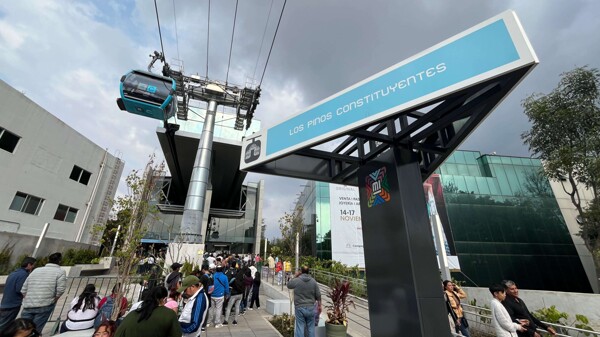On the occasion of the World Little People Day, six strategies are presented to improve the lives and promote the inclusion of people with achondroplasia, the most common cause of disproportionate short stature. Despite advances in human rights, these individuals continue to face significant social and employment barriers.
It is crucial to continue pushing for funding and support for research to find effective medical solutions. Additionally, it is essential to provide psychological support services and support groups to help little people cope with emotional issues stemming from discrimination and harassment.
Little people face daily obstacles that affect their quality of life, making it necessary to create inclusive environments and promote policies that ensure equal opportunities. Improving accessibility to urban infrastructure, including the installation of ramps and the adaptation of public furniture, is essential to guarantee a fulfilling life for these individuals.
A multidisciplinary approach in the treatment of achondroplasia, with specialized follow-up by various health experts, can significantly improve the quality of life of those affected. Furthermore, promoting Research and Development (R&D) is crucial to advance the treatment of this genetic condition.
In the words of Alejandra Zamora, national coordinator of Patients of Grupo Fabry, "This day is an opportunity to raise awareness of the issues facing this community and take concrete actions that promote their inclusion and well-being." Dr. Francisca Masllorens, medical director of BioMarin in Latin America, emphasizes the importance of promoting actions that improve the quality of life, independence, and foster the inclusion and non-discrimination of little people.
Cynthia Molano, an activist and person living with achondroplasia, highlights the importance of demanding respect and inclusion from society on this commemorative day. It is essential to promote greater public understanding of these issues and take steps to reduce the barriers faced by little people.
Achondroplasia is a rare disease that affects bones and cartilage due to a mutation in the FGFR3 gene, resulting in below-average height. This condition affects 1 in every 25,000 children born annually, and 80% of children with achondroplasia are born to average-height parents. To learn more about achondroplasia and inspiring stories, you are invited to visit the mentioned website and share information to raise awareness about this genetic condition.














